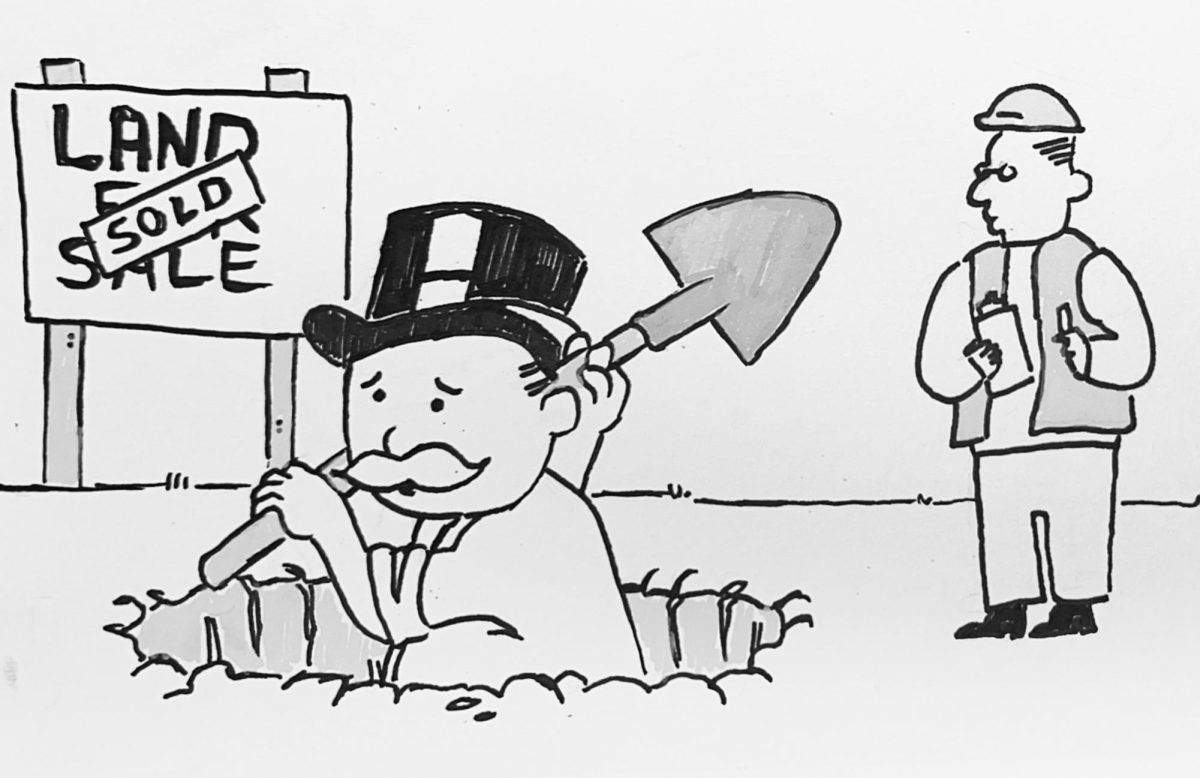The original justification for a liberal arts education was that by learning from a wide variety of disciplines–humanities, sciences and social sciences–we students would graduate as free thinkers: people who can take that additional step back and come up with creative solutions to problems and change the world, to put it one way.
But if our liberal arts education were merely a collection of facts from Plato, Einstein and Adam Smith, does that really teach us to be critical thinkers? Aren’t we instead more likely to forget the facts that we’ve learned once we get out and do the unthinkable of getting a job? Instead, I propose we view a liberal arts education more broadly to not just encompass the breadth of what we’ve learned, but also the habits of mind we’ve developed in and more crucially outside the classroom.
Fellow seniors, just ask yourself: what exactly have I learned at Whitman? Do I remember all the details of “Gilgamesh” in Core (Encounters soon-to-be Transformations)? Or all those Intro to X classes I took as a first-year?
Unless they’re directly related to your major, probably not. (Sorry professors!) It isn’t that we had bad professors or were bad students. The simple fact of the matter is that our brains are not machines. IBM’s Watson is incapable of forgetting information whereas we are condemned and blessed with that capacity to both learn and forget. (What if you actually did have to remember everything you did last weekend?)
Now, what does this mean for us? We are technically supposed to pay 50,000 dollars annually to attend Whitman and live in Walla Walla for four years while learning as much as we can only to be doomed to forget what we’ve learned?
No. It’s my contention that one of the most valuable aspects of the Whitman liberal arts education lies not in the curriculum but in the student experience of being equal members of the Whitman community. Right now, there are students busy trying to install an industrial composting system at Whitman. Students annually hold events discussing diversity, feminism and the like. Some students even have the audacity (or too much free time) to sit in on the college’s advisory budget committee meetings. And of course there’s ASWC.
None of this really takes place in Maxey, Olin or the science building or assigned reading. So why do students do it? Why don’t we just go to class, get good grades and just frolic on Ankeny or in the newly renovated TKE basement? Some of us choose to of course, but many of us don’t. Resume? Duh. But is that all of it?Is student activism or participation in building Whitman just a tool to land a better job? Sounds awfully cynical if you ask me.
Now bear with me for a moment. What if some students actually cared about Whitman and wanted to improve the tangible reality of the Whitman educational experience not just for themselves but for students after them? Is that naive possibility realistic? Well, the truth is no one knows. Everyone of us, as students, have different motives.
But the fact remains, it is a tangible reality that at Whitman College students do things to benefit the Whitman community not just for themselves or their classmates but for future students to come. To take a more concrete example, why do Whitman alumni prove so loyal to the college? Because part of who they think they are, who we will think we are, has to do with our experiences at Whitman not as transient passengers but as equal and active members of the land stretching from Isaacs to Alder.
Now, are we likely to forget that? Maybe. But I’d bet that if you lowered the ASWC fee you’d remember it. And you’d remember the process behind, say a yearbook initiative? What about the students who established the Sustainability Revolving Loan Fund? And ASWC of course.
My point is that as much learning goes at Whitman in class as outside of class. Moreover, the kind of learning that goes on in working through a budget committee with faculty and staff, from a students perspective (I speak from personal experience on this), can be just as valuable as learning about the newest abstruse critical philosophy.
To be fair though, when we first arrive on opening day at Whitman, we are not equal members of the Whitman community–unlike faculty and staff. We are emphemeral (even those of us who stay after graduation and work in the wineries) because we will graduate eventually. Yet, during our time here, we have the possibility of becoming equal members of this community by working, in concert with professors and administrators, precisely to improve the quality of what we learn here. And that experience is something students are unlikely to forget. We just need the chance.








